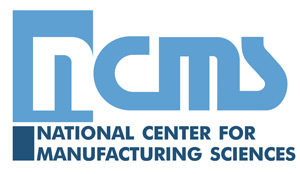Project Announcement – Optimizing the Performance of the H-60 Integrated Mechanical Diagnostic System (IMDS) and T-700 Engine Electrical System
The health of electrical systems are vital to the reliable operation for both commercial and military aircraft. Related areas would include naval vessels, ground vehicles, trains, alternative energy generators, construction machinery, automobiles, etc. The design intent of electrical systems is to transmit signals or electrical power, continuously or intermittently. Failure of electrical systems have led to catastrophic events in both the commercial and military sector. Reliable predictive maintenance and testing of a potential electrical system failure would greatly benefit the military and public good. A study of rotorcraft accidents from 1990 to 1996 found that related causes of accidents were due to various systems and structural failures (Aviation Safety 1998). This study lead to the recommendation of the design of Health and Usage Monitoring Systems (HUMS) capable of predicting impending equipment failure for on-condition maintenance, and more advanced systems capable of warning pilots of imminent equipment failure. Developed for the commercial sector the Integrated Mechanical Diagnostic System (IMDS), also known as Health and Usage Monitoring Systems (HUMS) was first implemented in the SH-60 aircraft using Commercial-off-the-shelf (COTS) components. Like other systems in aircraft today the effectiveness of the IMDS-HUMS is dependent on the health of the electrical systems that connects it to the various sensors and mechanical devices that are monitored. The proposed initiative will develop and validate DoD common electrical test equipment at the participating H-60 helicopter units across the U.S. Armed Services. This proposed initiative focuses on key subsystems selected by the end users which include:
- Integrated Mechanical Diagnostic System (IMDS), also known as Health and Usage Monitoring Systems (HUMS)
- T-700 Engine Electrical System
Those interested in participating in this initiative should contact Steve Hale, (734) 995-2195
